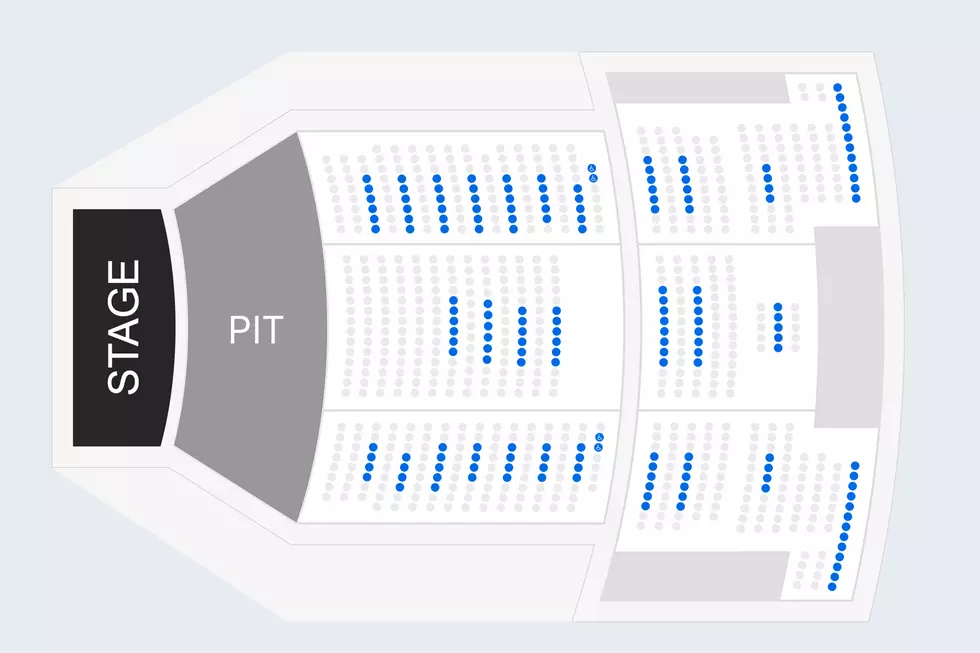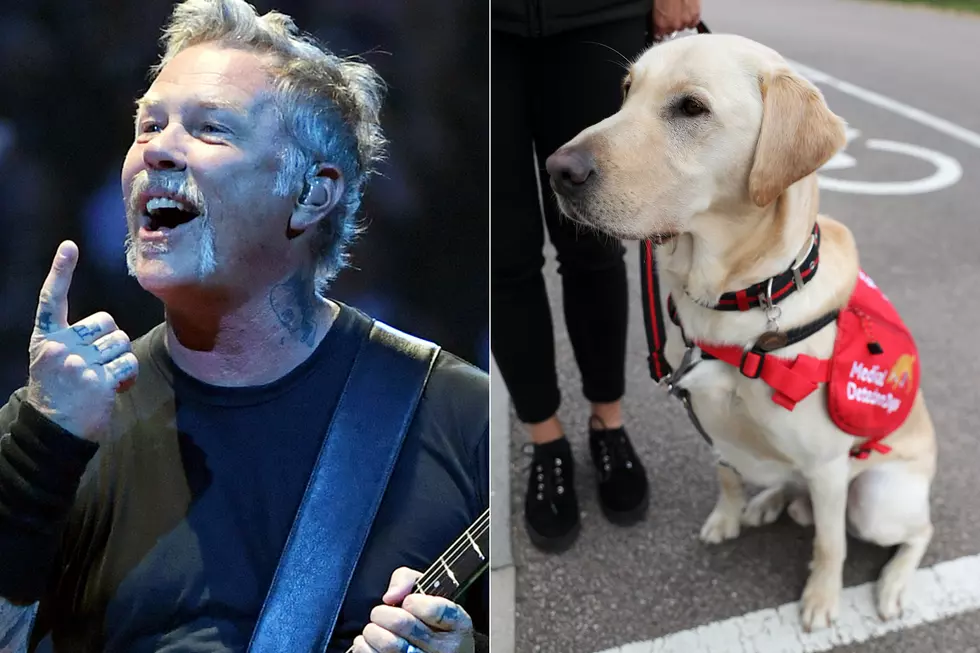
First U.S. Social Distancing Concert Remains in Doubt
Southern rock singer Travis McCready admitted that he didn’t think his “fan pod” concert in Arkansas on May 15 will go ahead, while the promoter insisted it would.
McCready, who fronts rising country-rock band Bishop Gunn, scheduled a show at TempleLive in Fort Smith, with the 1,100-capacity venue rearranged into “pods” for 229 attendees. The arrangement means most seats are cordoned off, with groups of varying sizes in various locations; this allows friends to sit together while remaining six feet from others, thus adhering to social distancing rules amid the coronavirus pandemic.
While the state of Arkansas was expected to allow small public events starting May 4, the date of commencement was pushed to May 18. However, promoter Mike Brown told Rolling Stone that he was confident McCready’s event would take place three days earlier.
“We went in and measured off every direction we can possibly see, and mapped it out so everybody is six feet from each other,” he said. “All the traffic in and out of the venue is one way; you come into your section in one direction and exit out the other direction. There are 20 hand-sanitizing stations placed strategically in the building, not just at entrances and exits like the governor’s request. We shuttered down the bathrooms to only 10 people allowed at a time. We’ve closed off urinals and sinks to maintain social distancing. And we’re going to sanitize, which we’ve already done one round, but we’ll do it again before and after each show as we go forward, with a fog system that disinfects instantly.”
Brown reported that negotiations were continuing with local authorities, but Arkansas Governor Asa Hutchinson said in a statement, “As advertised, this concert does not comply with our Department of Health directives for indoor entertainment venues. I appreciate the venue owners working to enforce social distancing and the wearing of masks to protect the concertgoers, but the concert remains outside of the state’s pandemic directive.” Hutchinson confirmed he had the authority to cancel the show.
McCready argued, “By no means is anyone involved in this wanting to promote anything done negligently. But people are needing something, and when people need something, they get it in dangerous ways. I’d rather promote something where it can happen in the safest way possible for now, and it’s not just some bar opening up saying, ‘Everybody come and let’s party. One-dollar Coronas all night.'” He added that he believed seated concerts were the only type that could take place in the near future, asking: “How would you do it in other types of venues? Put an X on the floor or whatever?”
Asked if he thought the show would go ahead, McReady replied, “Honestly, no. I’m just riding this.” But Brown insisted it would, adding, “I look at it like any other choice you’re allowed to make in this country: When movie theaters open, if you don’t feel comfortable going to a movie theater, don’t go. But don’t tell other people that they can’t do what they want to do.”
The promoter said that ticket-buyers had gone through a learning curve as they worked out how to buy pods. More learning will take place if the show goes ahead, with McCready and his audience feeling their way through the setup. It’s likely that major concert players will be watching to see how it goes, with Live Nation CEO Michael Rapino having said last week that his company were planning their own performance experiments in the near future. “[W]e’re going to dabble in fanless concerts with broadcasts, we’re going to go and do reduced capacity shows because we can make the math work,” he predicted. “There are a lot of great artists that can sell out an arena, but they’ll do 10 higher-end smaller theaters or clubs. We’re seeing lots of artists chomping to get back out once it’s safe.”
Classic Rock Face Masks: Buying Guide
More From WDBQ-FM










